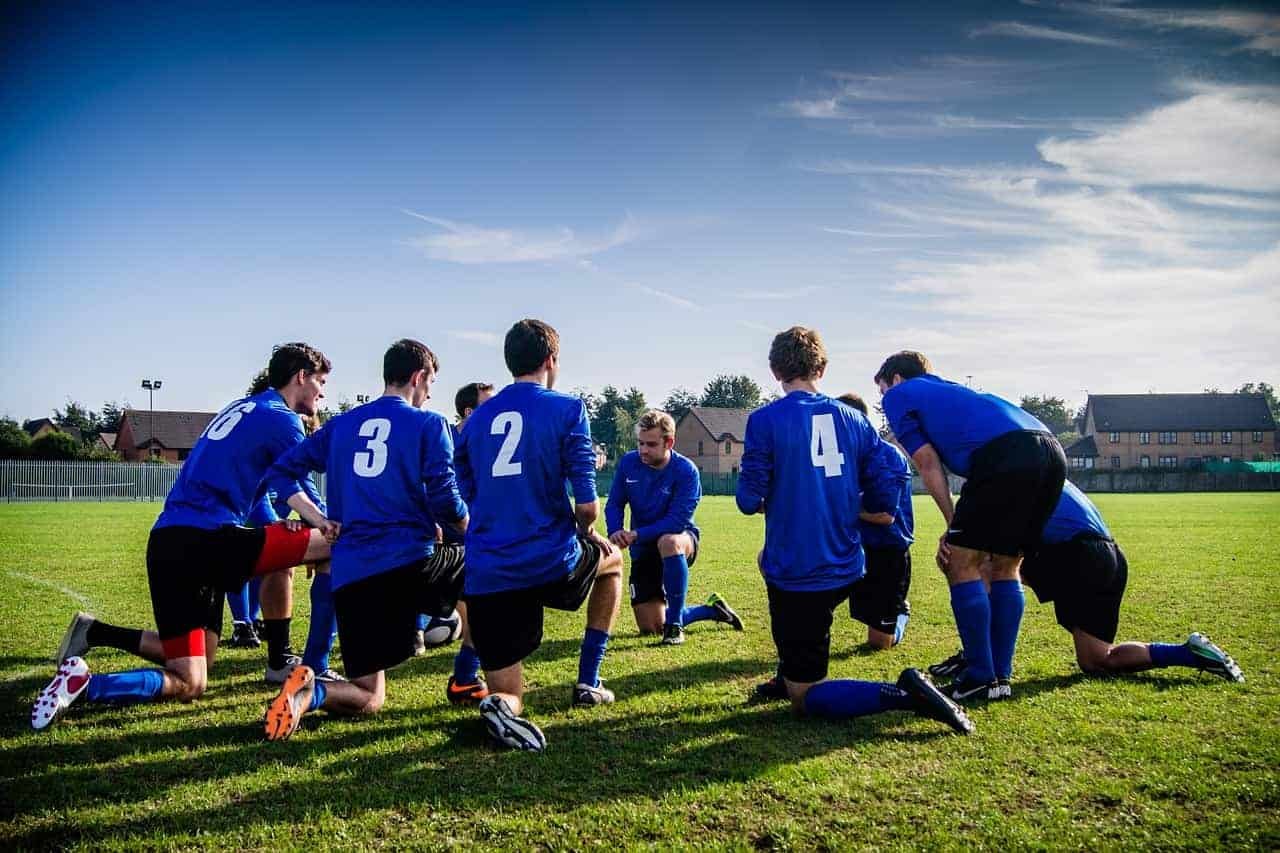Lessons on Communication from Co-operative Games
Co-operative Games - The Game
A recent nominee for the prestigious Spiel Des Jahres was the co-operative game called “The Game… play as long as you can”. This is terrible name for a card game, as searching for “The Game” finds you many links which aren’t the game itself. However, "The Game" throws up some interesting ideas. There is not much to it, with a super small rule set, but contains some powerful lessons.
The Rules
The game consists of a deck of cards numbers 2-98. Each player gets six cards. On your turn you must play two cards from your hand, each to one of four piles. In two piles the cards must be played so that they get higher each time and in two piles the cards must be played so that they get lower each time. If you can’t play, you and the other players lose. A win is playing through the complete deck of 98 cards. You can watch a more in depth overview here.
Key lessons from 'The Game'
The key part of the game is talking about what you can and can’t do, without directly naming the cards you have in your hand. You can’t say ‘I have a 75’. But you can say ‘don’t play on that pile so it gets any higher’. The game encourages you to avoid bending the rules either by saying ‘don’t play anything ten greater than that there’, but I wouldn’t be too worried on that the first time playing.
Learning when to communicate about risks
Even with three players, there’s a lot of information to share, and decisions to be made. You have to play two cards, so your moves may make a pile inaccessible to the next player. But you also have to take a risk sometimes. Where to take that risk, and which move will affect your team mates is the meat of the game.
To do that, you have to communicate. Listen to the information, confirm it, and act on it. Having played this game a few times, what I saw I’d absorb information and not act on it. I’d send feedback to my fellow players that I had understood what they had said, but then acted like I hadn’t. This led us to losing one game on the very last card to be played. The other player still has not forgiven me.
Learning to understand what you've actually said
The other behaviour I noticed is that players would claim they had shared some information, but everyone else got something else out of the what was shared. This reminded me of a real world situation when from the podcast “Startup”. Alex Blumberg recorded a lot of his discussions, and discovered later he’d said something completely different from what he thought he’d said. What you think you've said, and what the other person hears can be a world apart. Understanding that can really help in many aspects.
I learned that assuming everything you do is good and effective for the team can lead into bad consequences. It is clear that not confirming what you’ve heard can lead to teams working towards very different, conflicting goals. Co-operative games like “The Game” can be used to reflect on how we communicate within a team. They can be used to learn about how we really listen and how we actually share information. Adding a timer, to add pressure to the team can add an extra layer as well. This can make it even more important that communication is clear, precise and active.


